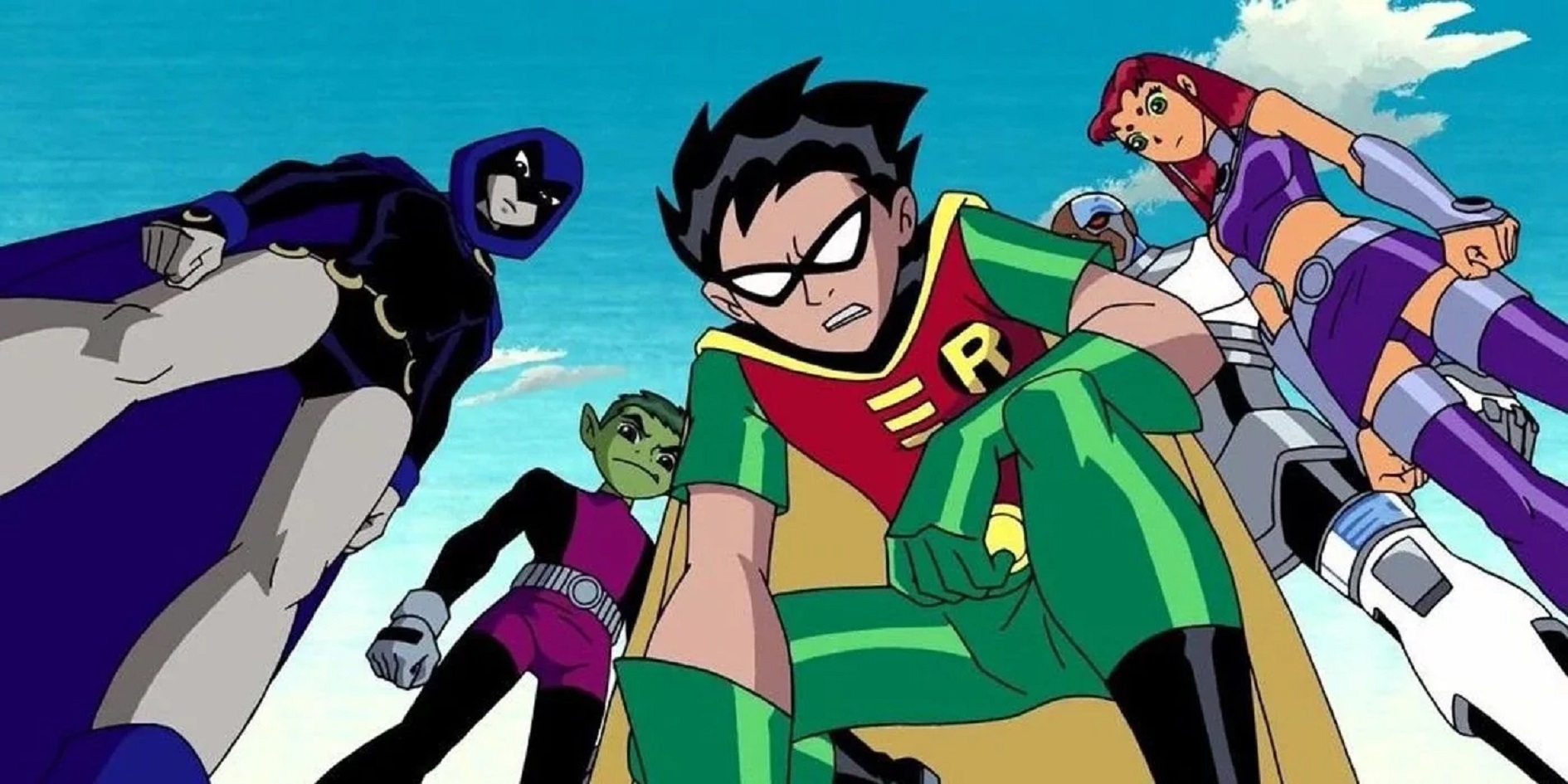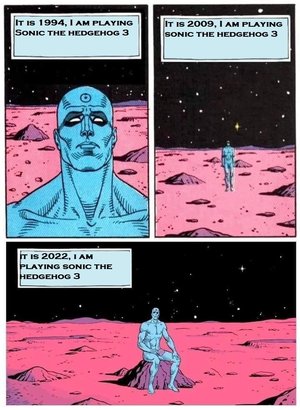I could be wrong, and I'm having trouble exactly phrasing it how I want, but:
I think it's partially because of fragmentation in the market: there are so many outlets for people to plug into, but not everyone does, so it's harder for things to make a big enough of a splash to be everywhere like they once were. There are far more eyes out there, but they're not all looking in the same place. I mean, you have your hit media that people are aware of, but not everyone has consumed either because of lack of interest or more options. Everyone is trying to convince you that their thing is the best with some kind of manipulated data to back it up, but is there "must see" anything any more? I know that ratings have changed with the advent of website clicks and streams and all of that, but go back to 1983 and the finale of MASH. I was too little to really know it was a thing, but that was a big big deal. 100 million people watched that. 60% of american households at the time. You could probably go find some boomer and ask them what it was like and they'll regale you with some wistful tale of what the room smelled like and who they were with how they cried together when it ended or whatever, but it was an event. You don't have events like that any more. I'm not sure, but I think the only thing getting 100 million viewers in a night is the super bowl, and it's been that way for awhile. Because you have choices, where before you either watched because you liked it, or "I live in bumfuck missouri, we only get 2 channels and the other one is the farm report at that time." So I think it's harder to break through for anything new.
Another thing is nostalgia for better or worse. Not just in the way they found a way to sell you your childhood all over again at an extreme markup, but repackaging a property for a newer/younger audience, so they have their version. Take something like Ninja Turtles. I don't know how many times there's been a revamp, but it seems like every few years and that's fine. But if you were in mixed company and mentioned Ninja Turtles, you could probably have five different conversations about five different series, even though the core concept is the same dumbass thing. So it's hard for those products to carve out an identity as a part of this period, because the water gets muddy after awhile.
One thing that 2000-2010s doesn't seem to have, and maybe it will once more time has passed, is the people who will not let go of a given time period. I lived through the entire 1980s and there was so much stuff dedicated to how great the previous three decades were... so many shows about the 50s/60s/70s, but no one from the 40s did that because they knew they'd look like an insane asshole praising a time period from a lifetime ago, forty years. So fast forward forty years, and what decade will so many people not shut the hell up about? The 80s. It's exhausting and is rarely presented the way it actually was. But for those people, it doesn't matter if you made the best album ever, if theycan't play it on a tape in their boom box (as they link you to a video about "remember boom boxes?"), fuck you. It's just ridiculous.
Anyway I am rambling. But basically, I don't think outside of a few cultural events and touchstones, there's as much to be mined from 2000-2010s, but maybe that's a very good thing. And anything after that, it's such a free for all that I don't even know.






